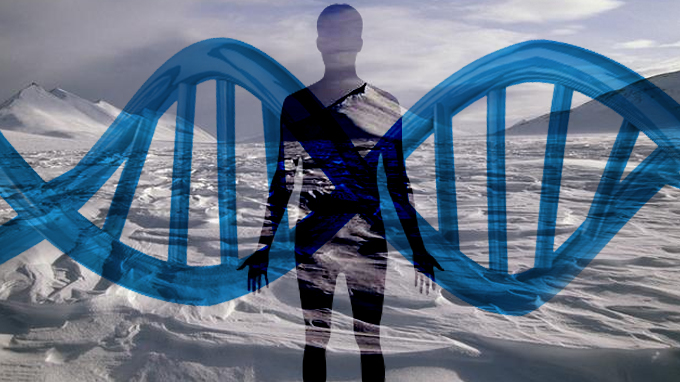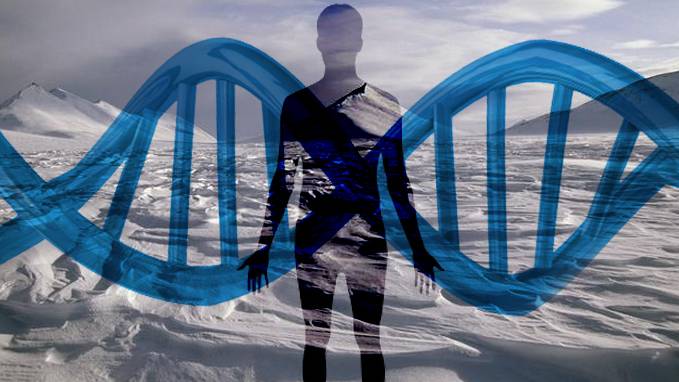Gene That Once Aided Survival in the Arctic Found to Have Negative Impact on Health Today
Source: amren.com

In individuals living in the Arctic, researchers have discovered a gene variant that arose thousands of years ago and most likely provided an evolutionary advantage for processing high-fat diets or for surviving in a cold environment; however, the variant also seems to increase the risk of hypoglycemia, or low blood sugar, and infant mortality in today’s northern populations. {snip}
“Our work describes a case where the same variant has likely been selectively advantageous in the past [but] disadvantageous under current environmental conditions,” says senior author Dr. Toomas Kivisild, of the University of Cambridge, in the UK.
Dr. Kivisild and his colleagues analyzed the genomes of 25 individuals from Northern Siberia and compared their sequences with those from 25 people from Europe and 11 from East Asia. The team identified a variant that was unique to Northern Siberians and was located within CPT1A, a gene that encodes an enzyme involved in the digestion of long fatty acids, which are prevalent in meat-based diets. {snip}
When the investigators looked at the global distribution of the CPT1A variant, they found that it was present in 68% of individuals in the Northern Siberian population yet absent in other publicly available genomes. The variant has previously been linked to high infant mortality and hypoglycemia in Canadian Inuits, and its high frequency in these populations has been described as a paradox.
{snip}
Read the rest: American Renaissance






















